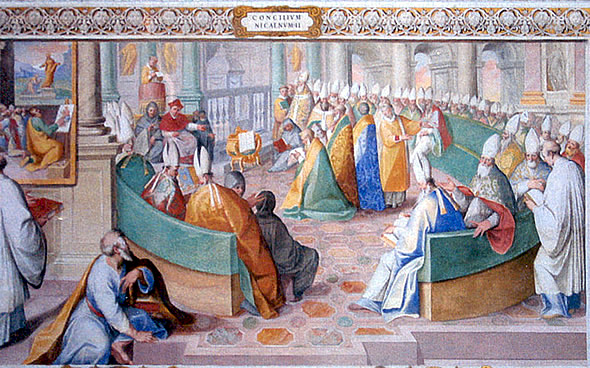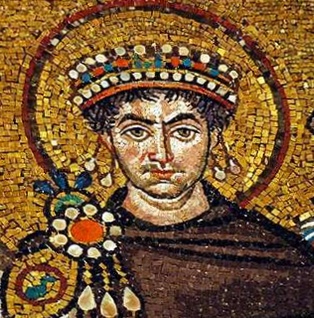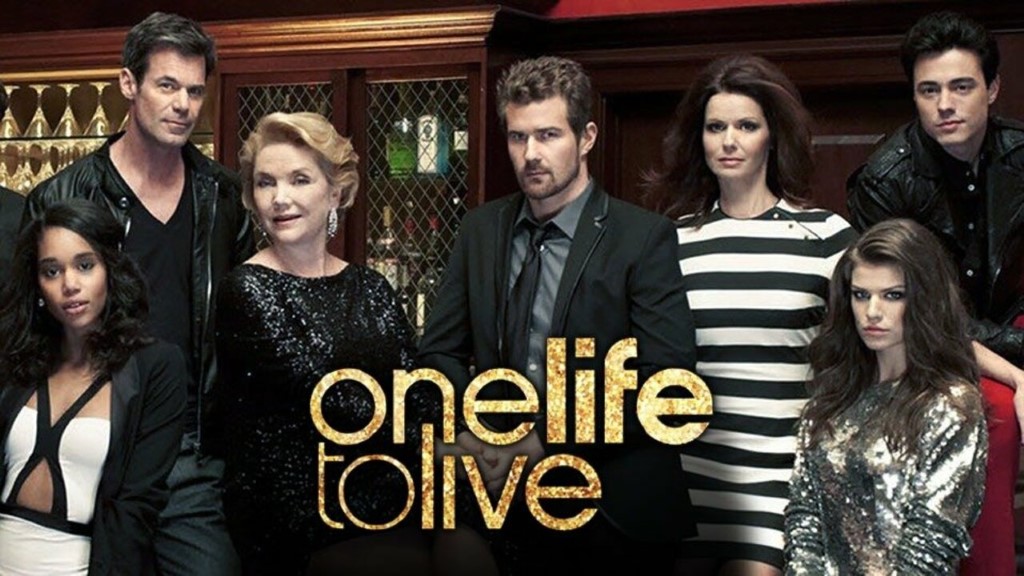| By: Paul S. Cilwa | Page Views: 2901 | ||
| The concept of reincarnation was so ingrained in the early Christian church that it took 800 years to wipe it out! | |||

Many centuries ago reincarnation was a widely accepted belief. Early philosophers and Christian fathers and saints believed in and supported that concept. There is evidence that Jesus and his followers believed in it, too—evidence that remains in the Bible.
Who were some others?
- Plato (582-507 BCE)
- Origen (185-254 CE)
- St. Clement of Alexandria (150-220 CE)
- St. Gregory (257-332 CE)
- St Augustine (354-430 CE)
So, what happened? At what time in religious history did the one
life
concept originate? Who came up with this teaching?
During the first 300 years of the early Church, reincarnation was widely
accepted by many of the early Christians, including
Origen,
whom the Encyclopedia Britannica hailed as the most prominent of the
church fathers with the possible exception of (Saint) Augustine.
In
addition, the Gnostic gospel, Pistis Sophia,
quotes Jesus as saying that … souls are poured from
one into another of different bodies of the world.

However, in the 4th century there arose a political pressure to remove the concept from the religion of the day. In America, we are so accustomed to the separation of church and state that it is hard to imagine a time when an emperor could appoint a Pope; but when Constantine was the emperor of Rome, he appointed a Pope named Damascus. In conjunction with that, Constantine and his puppet Pope founded the Council of Nicaea. Its ostensible purpose was to translate the Scriptures from Aramaic into Latin, their contemporary language; but, as they did so, they also attempted to purge everything out of the Scriptures of the New Testament that spoke of reincarnation.

Then, in the year 553 CE Emperor Justinian called for the Fifth Ecumenical Council of Constantinople. Such Councils had always been (and have been since) convened by the Pope, not by secular leaders. That Justinian called this Council—and that the Pope refused to attend—points out the secular nature of this Council in spite of the fact that its results changed the Church forever more.
The Council was convened with the express purpose of condemning reincarnation
once and for all. Here's how it was done: A total of 15 anathemas
were created. Think of them as condemnations. The first anathema was, If
anyone assert the fabulous pre-existence of the souls (reincarnation), and shall
assert monstrous restoration which follows from it, let him be anathema.
From that point forward reincarnation was forbidden from Christian beliefs.
Individuals who chose to preach reincarnation were persecuted. The church's campaign
of terror and slaughter lasted until the 13th century when the last
vestige of the belief disappears from the literature…and it has remained so
ever since.
Understand the math? The concept of reincarnation was so ingrained in the early Christian church that it took 800 years to wipe it out!
A related concept was the idea that Jesus was the Son of God rather
than a Son of God. That is, that he was different from the rest of us in
some fundamental way. This became a problem because the Church had always said Jesus had
incarnated as a baby in Mary's womb; and since they didn't want us to think that
just anyone could do that, they had to contradict Jesus' own statements (as reported, still,
in the Gospels) that he was just like everyone else. The Council declared that anyone who declared otherwise
was. again, anathema
.
And yet, in the Gospels Jesus called himselfthe son of man,
and
declared that we would do greater things than he had!
Why was reincarnation banned? Simple. Under the concept of reincarnation God does not punish anyone. We are the ones who are responsible for the choices we make. We are also the ones who will decide how any of our negative actions (karma) will be healed with love during a future life. This belief system does not require a formal church with doctrines, dogmas and donations. In essence, if someone believes in reincarnation that individual does not need anyone to serve as an intermediary between himself or herself and our Source. God is within everyone!
It's easy to see why the early Church and future Popes condemned this belief. There would be no reason to follow their own man-made religion which was based upon the dogma that God judges and punishes, heaven and hell, etc. And yet, one could miraculously be saved from all of this through the Church, especially through generous donations. These dogmas of fear and guilt made people totally dependent upon the church. Sadly, it's been that way ever since, with an entire culture convinced that we only live once, and with constant reminders that this is the case. YOLO, anyone?




